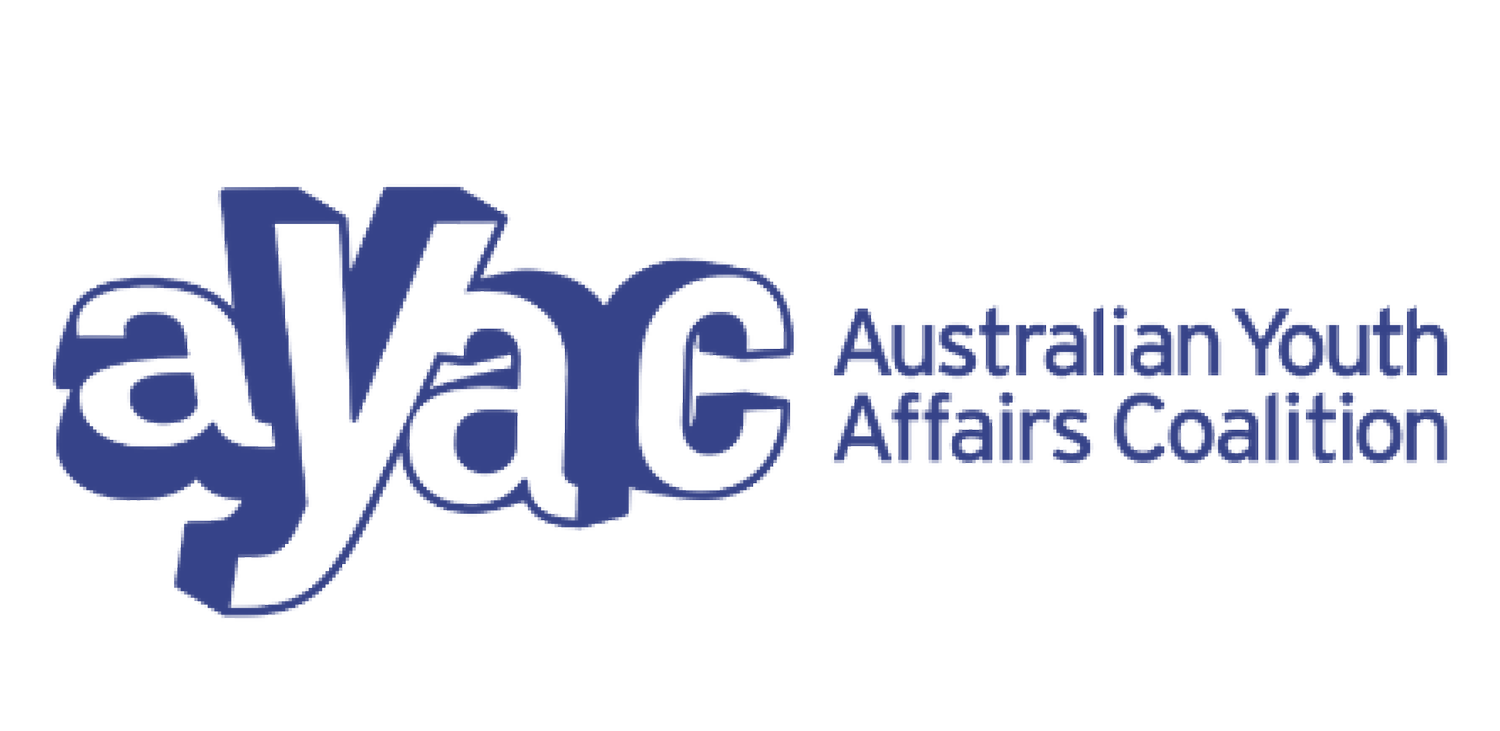Social media gave me a sense of belonging and made me feel like my voice mattered
The proposed ban on young people accessing social media has captured public debate, with many voicing concerns that a ban might negatively impact on young people or prove ineffective. In this short blog, I would like to share some of my personal experiences of social media and thoughts on the ban. I hope this goes some way to furthering a more reflective debate on the issue and a refocussing on proactive measures for mitigating the negative aspects of social media.
To understand my views on the proposed ban, I think it’s important that you know a little about my personal experiences of social media. I wasn’t allowed to have social media until I turned 18. While this decision was well-intentioned, it caused me to lose contact with some of my most supportive friends when I moved schools. It also left me feeling disconnected from the wider world and excluded from advocacy and volunteering opportunities that were often shared online.
Coming from a second-gen Indian background, I didn’t often see people like me or others embracing our culture in mainstream media. When I finally saw this representation on social media, it was incredibly empowering. It gave me a sense of belonging and made me feel like my voice mattered. I felt supported by a wider community that shared similar experiences.
Social media can be a powerful tool for connection, personal growth and access to valuable resources. Instead of pursuing a blanket ban for under 16s, we should work to create a safer and more supportive environment for its use. With the right protections, social media can continue to be a vital and positive part of young people’s lives.
I believe banning social media takes away the right to choose how and when to use it and doesn’t necessarily offer long-term protection. Instead of imposing a blanket ban for under 16s, social media companies should be held accountable and focus on implementing meaningful changes. These could include:
Simplified and youth-friendly terms and conditions (and not just provided when one makes an account).
Enhanced security measures.
Swift removal of accounts promoting harmful content such as exploitation, unsafe practices like drug use, extreme weight-loss or weight-gain methods, and non-legit cosmetic surgeries.
School-based or community workshops for parents, guardians, and children
Imposing daily time limits.
Ultimately, the decision about whether to use social media should be worked out between with parents/guardians and young people — not enforced by the government. Decisions regarding social media use should be approached on a case-by-case basis, focusing on individual circumstances rather than a one-size-fits-all approach. However, this does not mean that we cannot implement proactive measures like those listed above. We can, but doing so will require meaningful engagement and commitment from all of those involved in the debate.
